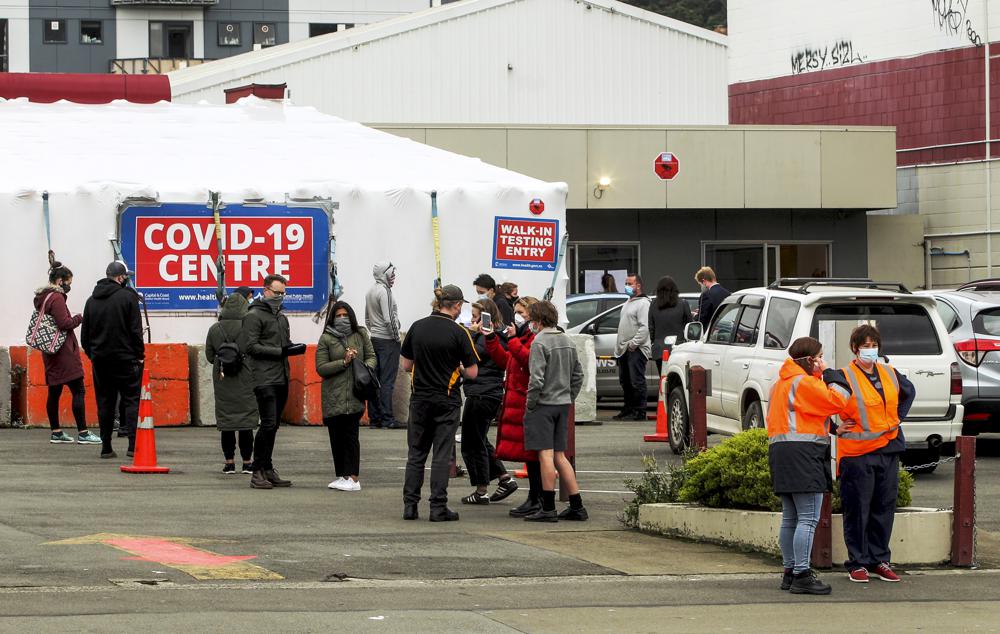

Full vaccination will become a requirement for non-New Zealand citizens arriving at the country from Nov 1, COVID-19 Response Minister Chris Hipkins said on Sunday.
Travellers will be required to declare their vaccination status when registering with the Managed Isolation Allocation System, as well as presenting proof of vaccination or a relevant exemption to their airline and to customs officers once they land.
“Getting vaccinated is the most effective measure against the transmission of COVID-19, and the risk of serious illness or death,” Hipkins said.
“To further reduce the possibility of the virus getting through our border, we are introducing the requirement for air travellers aged 17 and over, who are not New Zealand citizens, to be fully vaccinated to enter New Zealand.
“This is an important step in our Reconnecting New Zealand strategy.”
The COVID-19 Technical Advisory Group has recommended that a full course of any of the 22 COVID-19 vaccines approved by a government or approval authority, with the last dose being at least 14 days before arrival, will be acceptable at this stage. Guidance will be prepared on what will qualify as evidence of vaccination or an exemption.
“Most people coming to New Zealand tell us they are already vaccinated. This requirement makes it formal and will provide an extra layer of protection at the border. It will work well alongside the announcement today that everyone on board an Air New Zealand aircraft travelling internationally will need to be fully vaccinated from February 2022.”
Everybody arriving will still be required to complete 14 days in managed isolation and quarantine, and all travellers except those from exempt locations will still need to have evidence of a negative COVID-19 test result from an accredited laboratory within 72 hours of their first scheduled international flight.
The requirement will not apply to New Zealand citizens, children under the age of 17, and those who are unable to be vaccinated for medical reasons.